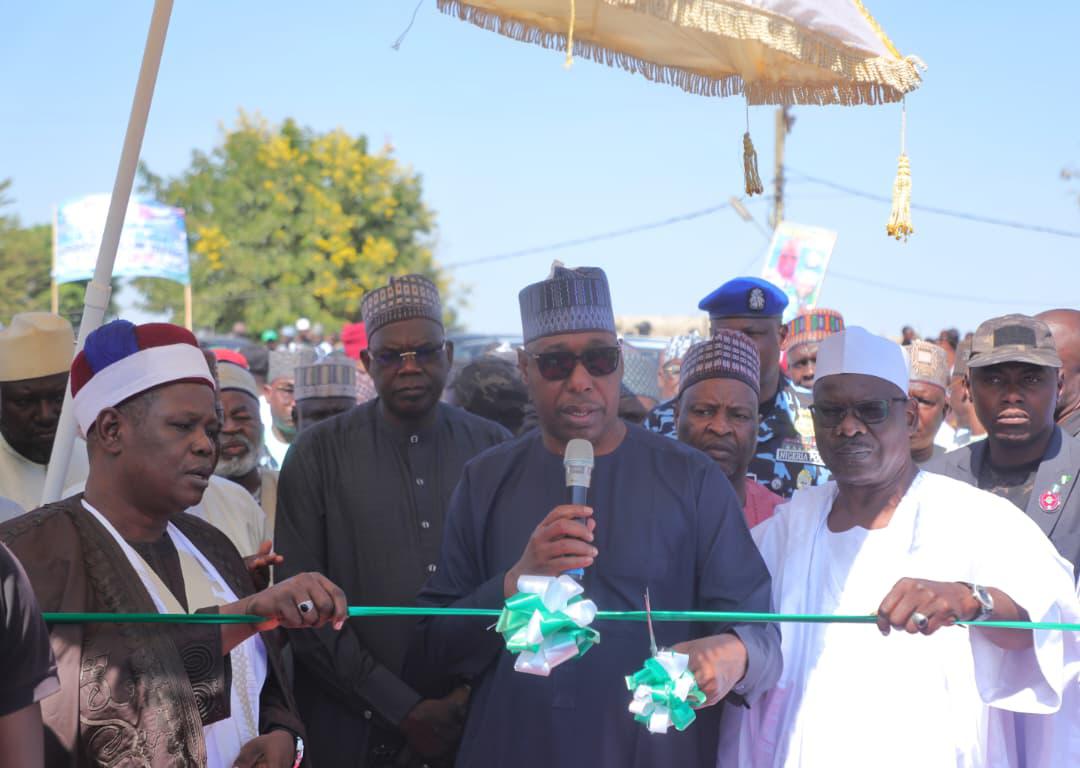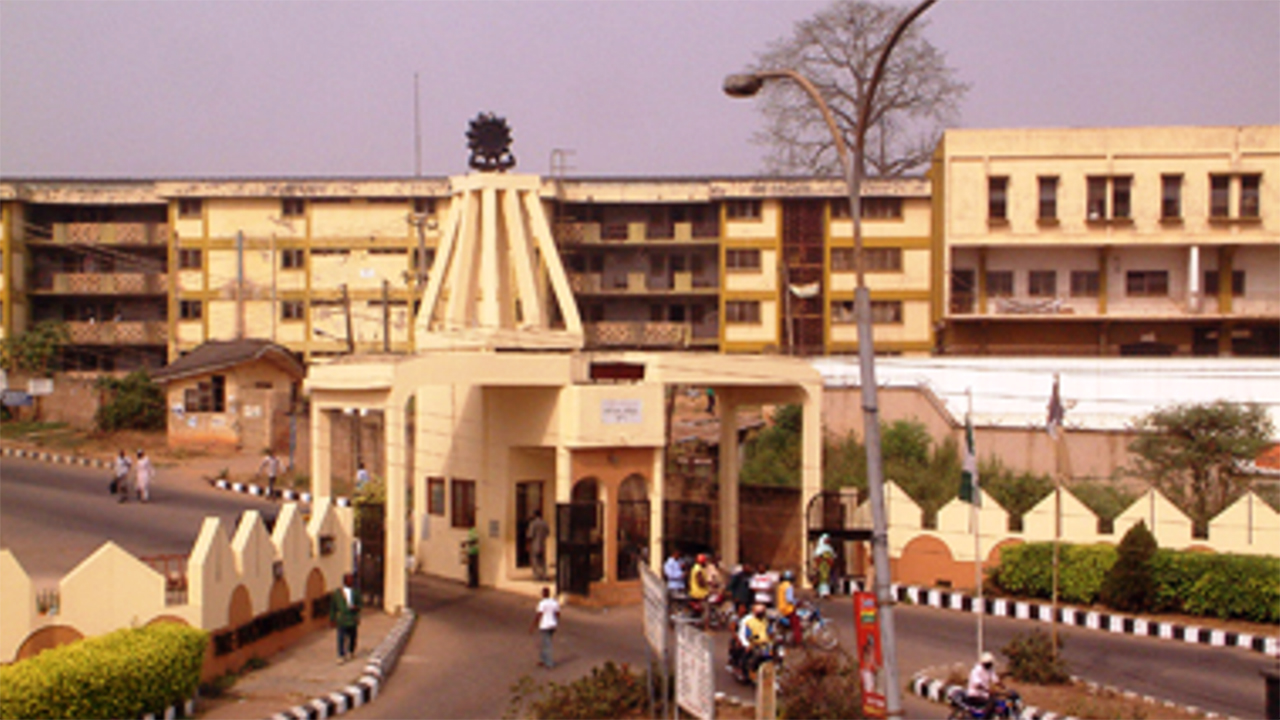The federal government has announced a major revamp of Nigeria’s technical education curriculum to reduce overload, strengthen trade competencies, align with global standards, and prepare young Nigerians for current industrial demands.
It also announced that all Federal Science and Technical Colleges (FSTCs) will now operate fully as Federal Technical Colleges starting from the 2025/2026 academic year.
In a statement by the Director of Press and Public Relations of the Federal Ministry of Education, Boriowo Folasade, the government noted that each college will offer a minimum of six and a maximum of 10 trade courses, while students will now take between nine and 10 subjects.
These include one trade course, five or six general subjects such as Mathematics, English Language, Physics, Chemistry, Biology, Citizenship and Heritage Studies; two or three trade-related subjects, and one elective.
A total of 26 trade areas has been streamlined and modernised to reflect industry needs and are critical to Nigeria’s economic growth.
These include Bricklaying and Concreting; Painting, Decoration, Interior Design; Woodwork, Carpentry, and Joinery; Welding & Fabrication; Plumbing and Pipe Fitting; Auto-Electrical Wiring; Computer Hardware & GSM Repair and Maintenance; Automobile Mechanics; Refrigeration & Air-Conditioning Works; Beauty Therapy & Cosmetology; Mechanised Agriculture (Mechanics or Operations/Smart Agriculture); Creative Media (Digital Media Production); Autobody Works; Electronic Systems Maintenance Craft; Catering Craft Practice; Furniture Making & Upholstery; Solar PV Installation and Maintenance; Networking & System Security (Satellite TV Antenna Installation and Maintenance); Fashion Design and Garment Making; Social Media Content Creation and Management; Livestock Farming/Animal Husbandry; Tiling & Cladding (Tiling, Decorative Stonework, or Floor Cover Installation); Fish Farming (Aquaculture); Automobile CNG Conversion and Maintenance; Motorcycle & Tricycle Repairs; and Leather Works.
The statement further explained that the reform will enable students to learn relevant trades to meet industrial demands.
“The reforms also aim to focus on students learning trades relevant to industry, while strengthening Nigeria’s manufacturing, services, and digital economy.
She noted that the introduction of citizenship and heritage studies, which combines Nigerian History, civic education, and social studies, will ensure that students are grounded in national values, while pursuing technical skills.
“The new curriculum will better position students to compete in the global economy, ensuring they are gainfully employed and contribute meaningfully to national development.
The ministry assures schools, parents, and students of full support for a smooth transition.
New academic curriculum: Lagos schools lament dearth of materials, qualified teachers






